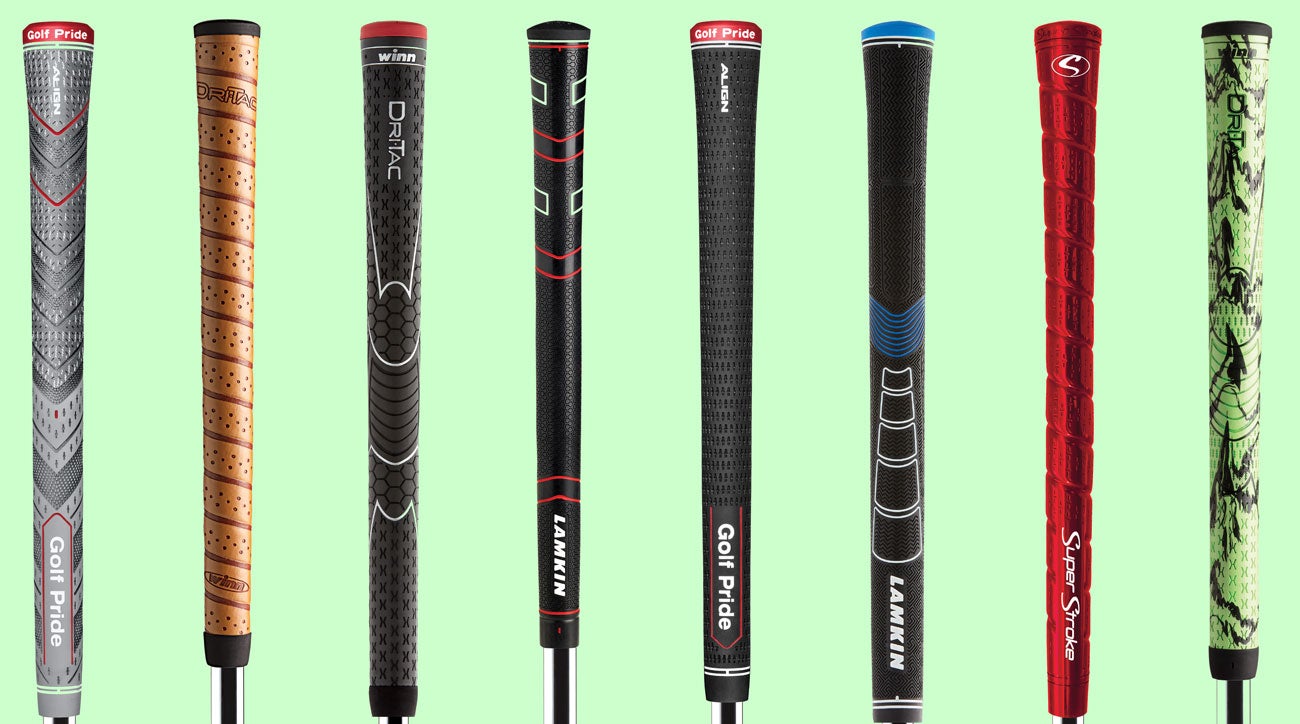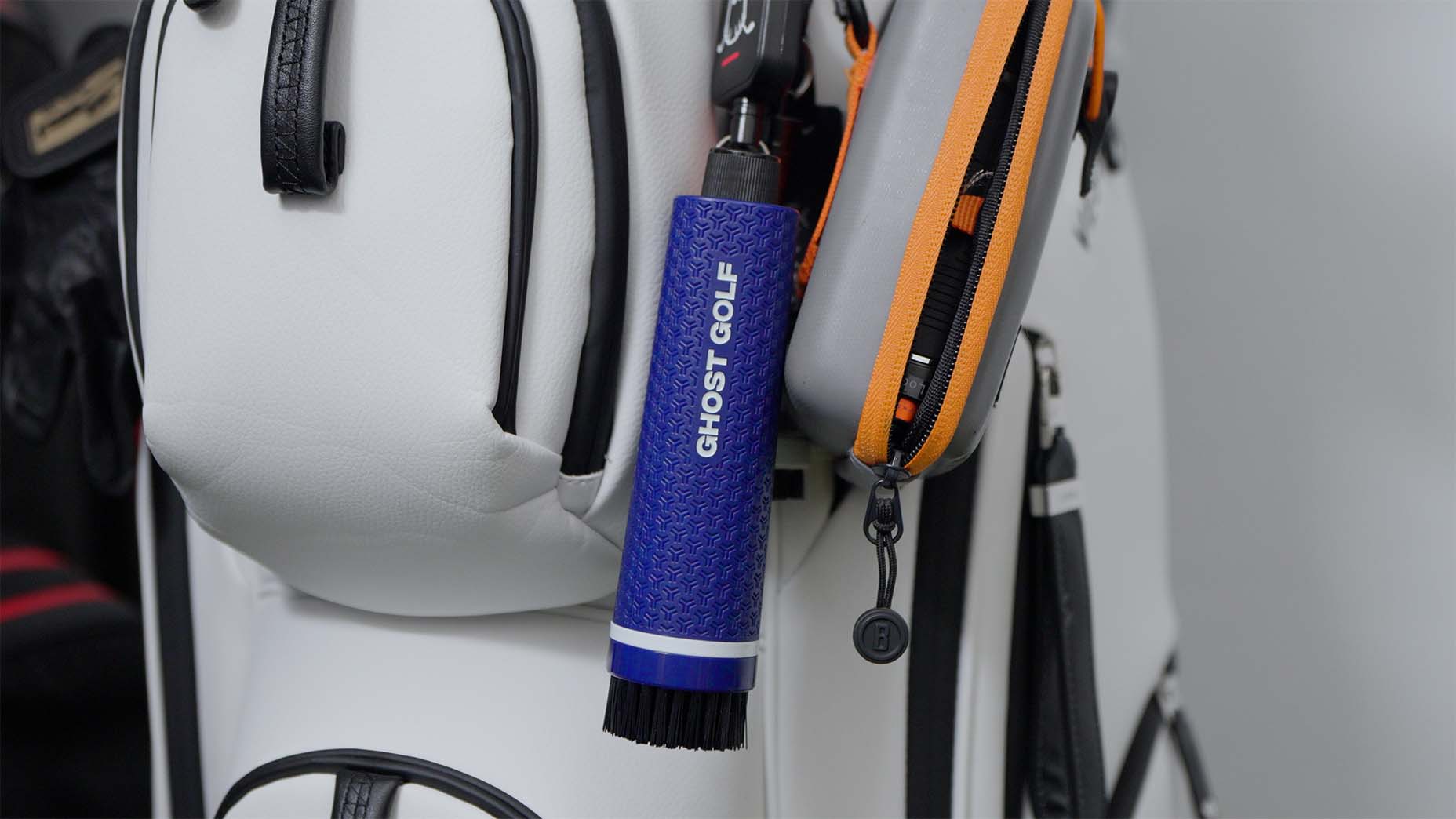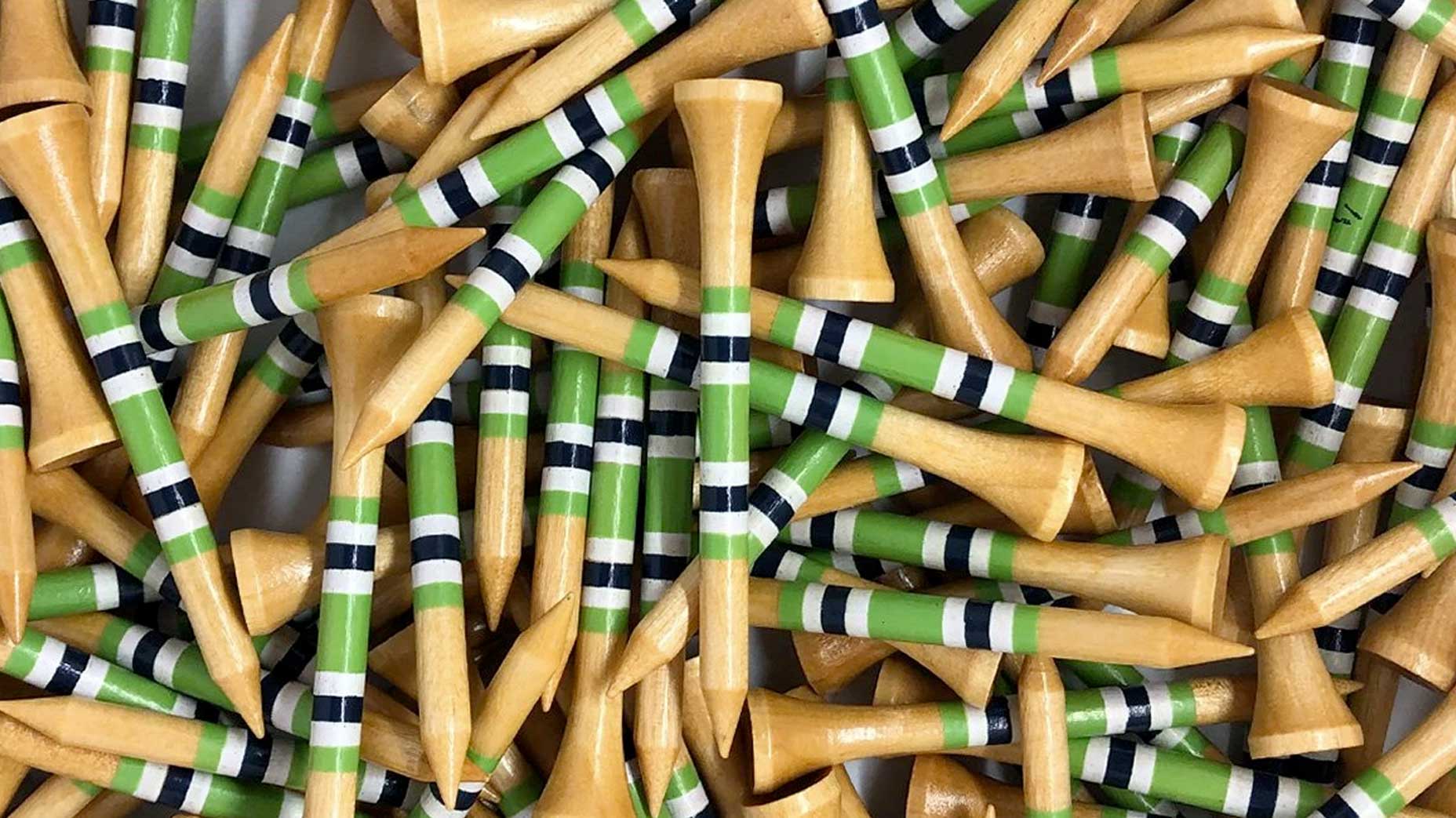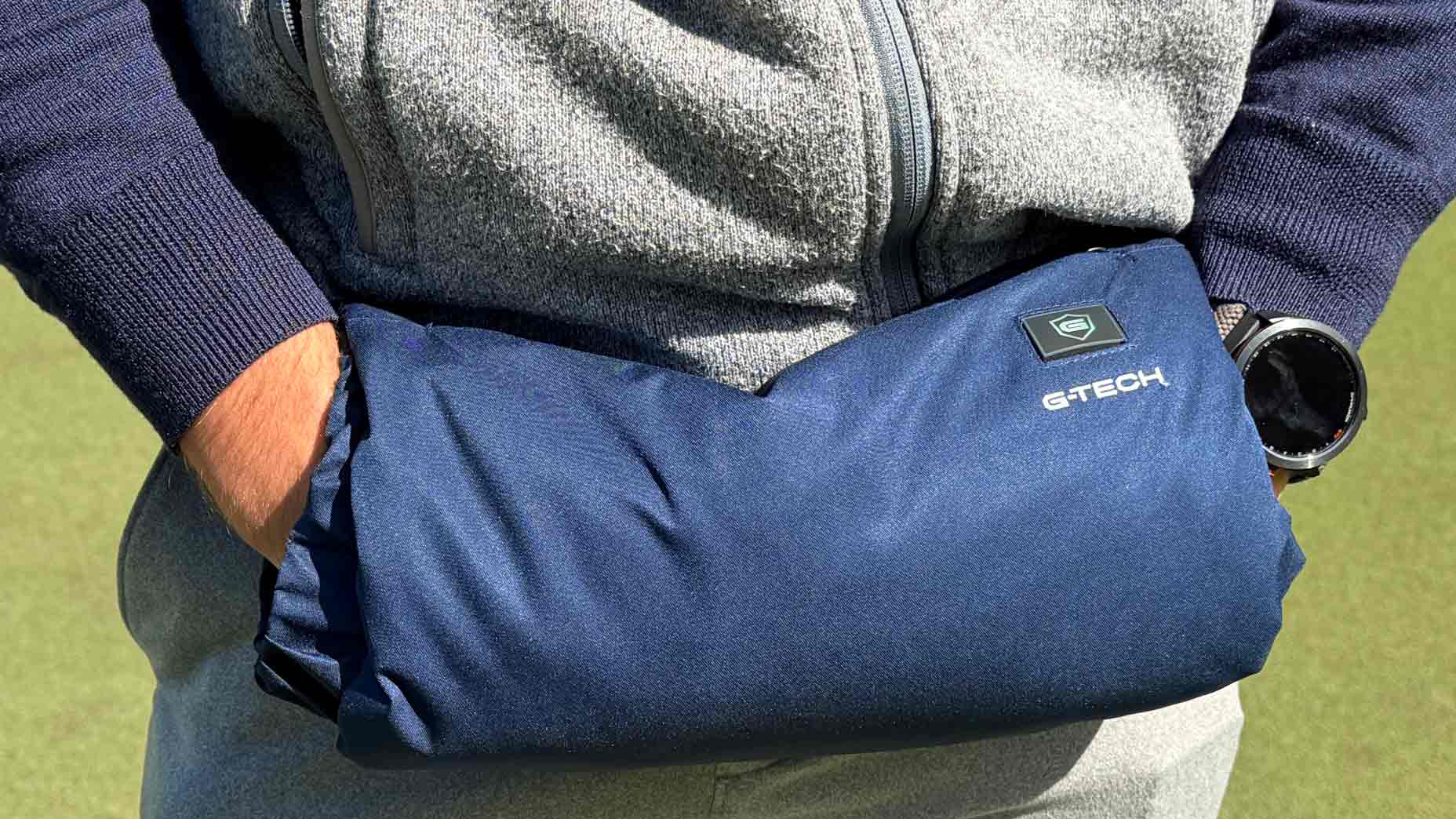 This heated hand warmer is a must-have for cold-weather golf | I Tried it
This heated hand warmer is a must-have for cold-weather golf | I Tried it
Why grip diameter matters when it comes to your golf swing
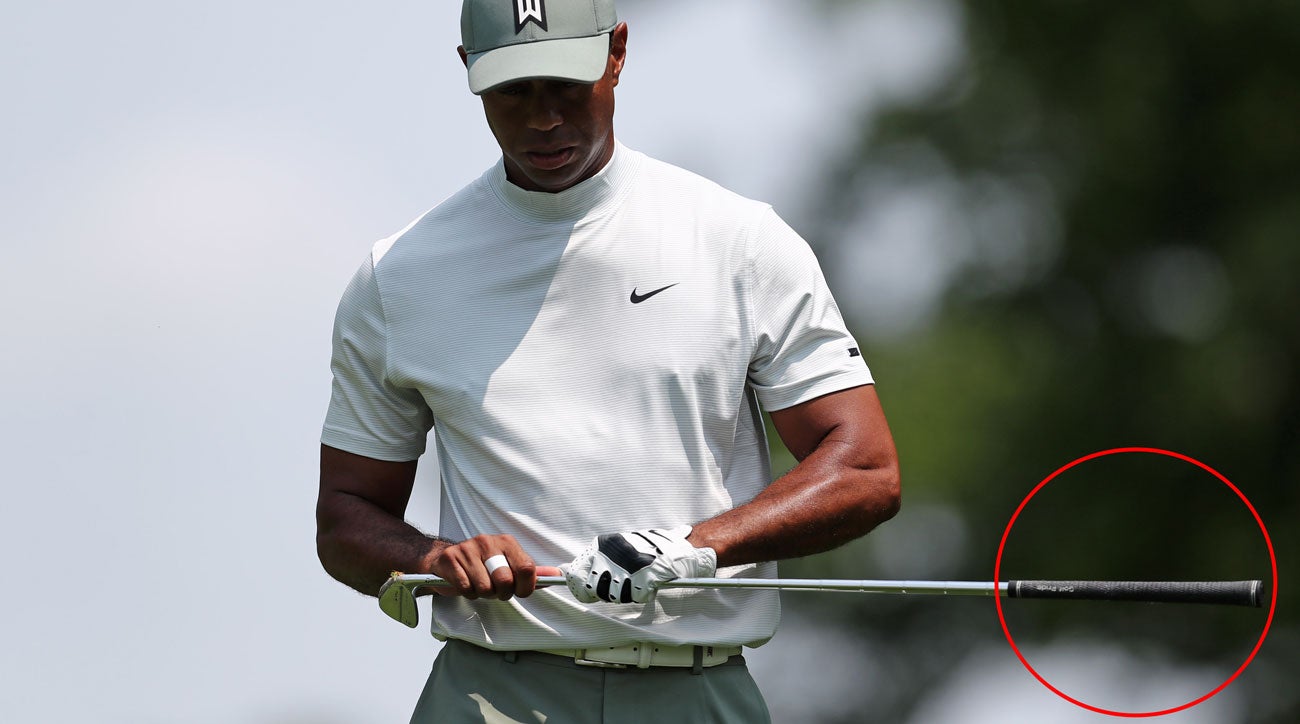
Ever wondered if your golf grips are hindering your ability to hit better, more consistent golf shots? Obviously, if your grips are old, worn out, or just plain slippery, you’re going to have some trouble. But what about the actual size of your grips?
When was the last time you thought about that?
Grip size, or diameter if you want to get technical, is often one of the most overlooked parts of getting your clubs fit for your game. And yes, it can make a huge difference in how well you swing the handle. Luckily, determining the right grip diameter isn’t all that difficult.
The trick is to look at your golf glove. If you wear a small golf glove, a women’s medium or smaller, or any junior size glove, then undersized grips with smaller diameters will probably fit your hands better. Medium-sized gloves usually predicate standard size grips, and if you wear a large or extra-large glove, oversized or sometimes jumbo-sized grips may fit you better.
What happens if you have the wrong size, though?
Grips too small
If you’re playing with grips that are too small for your hands (regardless of your golf glove size), the smaller muscles of the hand and fingers have to work harder, often causing an overactive motion through the ball. In other words, smaller grips can make you handsy and cause you to release the clubhead too quickly. Also, having grips that are too small make it really easy to hook it. Trust me, I know this one from experience.
Grips too big
The opposite might be true with grips that are too big. Instead of engaging the smaller muscles, a bigger diameter grip restricts and slows the hands down — often causing you to lose both swing speed and the ability to square the clubface fast enough through impact. Meaning, you’re prone to slice it a whole lot more if your handles are too big.
Finding the right grip diameter to fix your swing
If you tend to slice the ball a lot, and you’re running out of options—a smaller grip might help you. And if you naturally tend to swing too much with the hands and fingers causing you to hook, a thicker grip can help mitigate your handsy action through impact. Both instances are not paramount for everyone, though. Some players might actually swing faster with thicker grips and so on. It’s really up to you and your club-fitter to test and find out what works best for your swing.
ADVERTISEMENT
Additionally, some players opt for different grip sizes on different clubs. It’s not uncommon to find thicker grips in the wedges or short irons to prevent hooking or overswinging. Furthermore, several professional golfers often use grip tape to build up the lower region of the grip, thus reducing the taper. Depending on who you ask, this is also to mitigate hooking the ball.
Again, don’t take the “bigger grips are for bigger hands and smaller grips are for smaller hands” advice as gospel, even though it’s true for most golfers. If you find you’re hooking, slicing, or simply uncomfortable holding your clubs, try a different grip size and see if it helps. No doubt you’re likely to see and feel an immediate difference.
Whether that difference is good or bad, it’s up to you to find out.
ADVERTISEMENT


